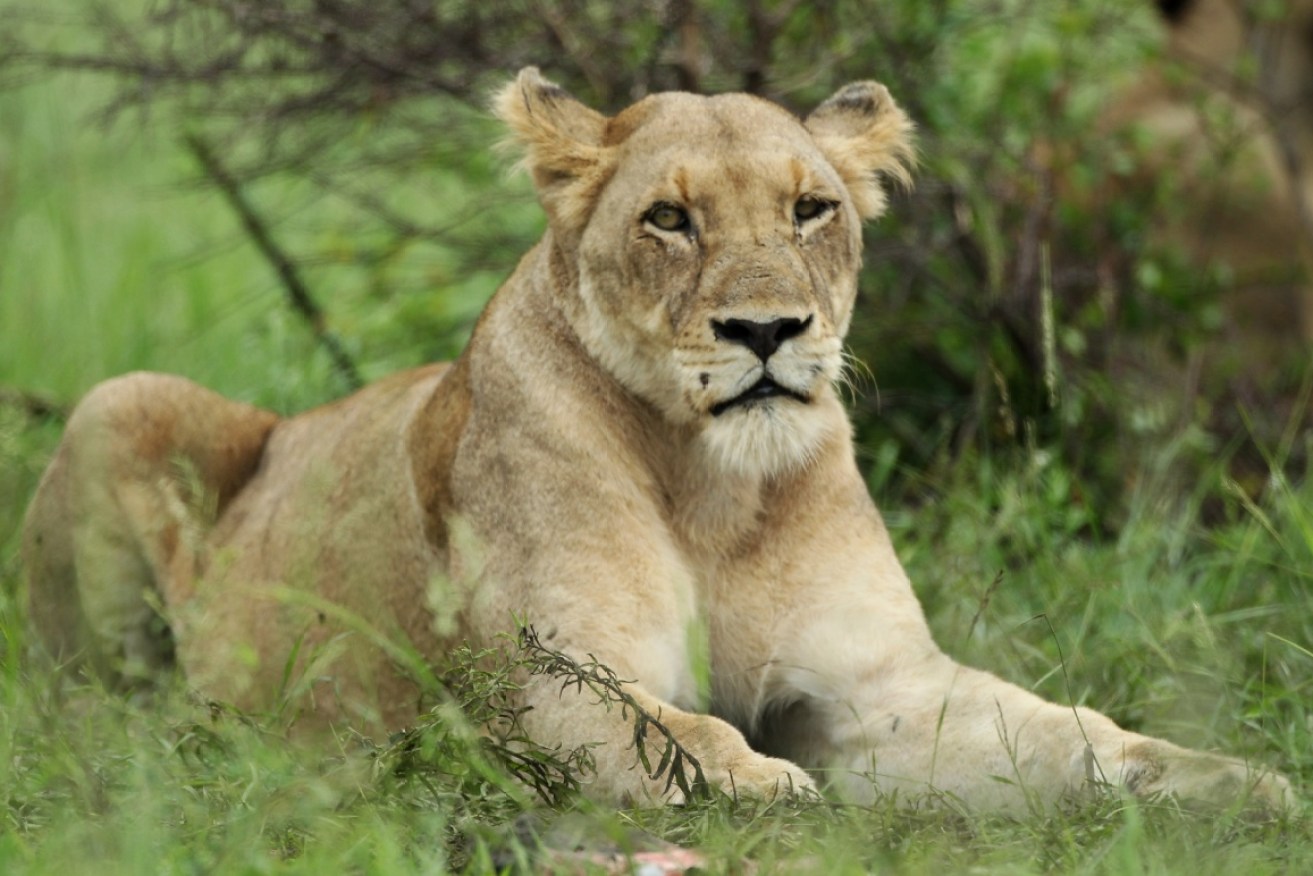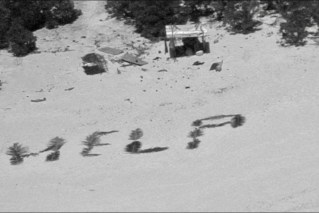Lions return to Rwanda after human genocide

Lions will return to Rwanda for the first time in more than two decades after the endangered animal was wiped out in Rwanda’s human genocide.
Seven lions, two males and five females, are being transported from South Africa and will arrive by air in Rwanda on Monday, where they will be taken and released after a two-week quarantine into the eastern Akagera National Park.
Lions in Rwanda were wiped out during the 1994 genocide, which left an estimated 800,000 people dead.
• Orangutans taken to school in wheelbarrow
• Massive kangaroo ‘intimidating’ suburb
• American dog owner forced to feel the heat
Fleeing refugees and displaced people occupied part of the park, with the lion being driven out or killed as people tried to protect their livestock.
Peter Fearnhead, the head of African Parks – which helps run the 112,000-hectare Akagera bordering Tanzania – said the reintroduction was “a ground-breaking conservation effort for both the park and the country of Rwanda”.

Community integration and care is key to survival in Rwanada for the lions. Photo: Getty
As part of preparations for the re-introduction, the Akagera park team worked with nearby communities to promote harmonious co-existence with lions.
“Their return will encourage the natural balance of the ecosystem,” said Yamina Karitanyi, head of tourism at the Rwanda Development Board.
The lions are coming from “relatively small, confined reserves where it is necessary to occasionally remove surplus lions” in South Africa’s KwaZulu-Natal province.
Lions remain listed as vulnerable at a global level, the International Union for the Conservation of Nature said Thursday in an update to its “red list” of threatened species.
Rapid decline has been recorded in eastern Africa, which historically has been a stronghold for lions, IUCN said, warning that trade in bones and other body parts for traditional medicine in Africa and Asia was a new and emerging threat to the species.
The western African lion subpopulation is listed as “critically endangered” due to over-hunting and dwindling prey.








